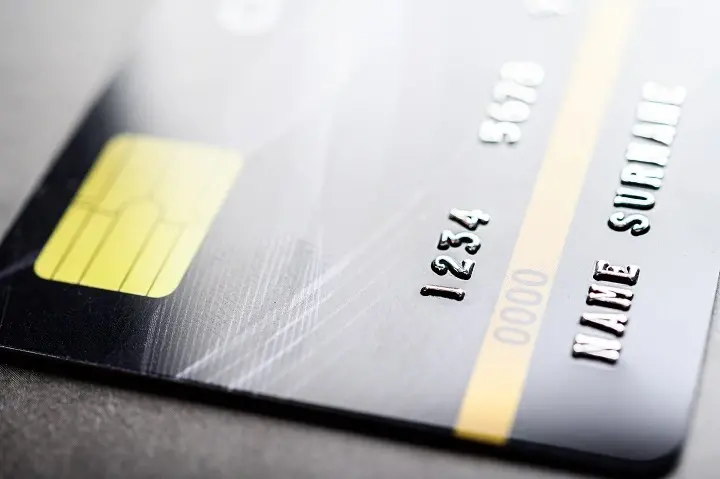-
Posted on: 19 Dec 2023

-
In the financial terrain, one must grasp the interplay between credit ratings and debit cards. Unlike a credit card, a debit card is directly linked to your bank account, therefore letting you spend only what you have. Conversely, your credit score shows your creditworthiness and affects your capacity to get different financial goods. We will investigate the relationship between these two financial aspects in this paper.
How do Debit Cards work?
Debit cards remove money straight from your bank account, therefore facilitating transactions. For daily purchases without running the danger of debt, they are thus a handy instrument. One must understand, nevertheless, the differences between credit and debit transactions.
Different from Credit Cards
Unlike credit cards, which provide a line of credit you have to pay back with interest if not paid in whole by the due date. Unlike credit cards, debit cards do not include borrowing money and their use does not immediately affect your credit score.
Factors Influencing Credit Scores
payment history, credit use, duration of credit history, categories of credit in use, and new credit all affect credit ratings. Comprehending how financial decisions—including debit card use—can indirectly influence credit ratings depends on an awareness of these elements.
Importance of Credit Scores
Obtaining decent interest rates on loans, and credit cards, and even influencing employment possibilities or rental applications depends on a good credit score. People so frequently ask about how using a debit card can affect their credit situation.
Relationship Between Debit Cards and Credit Scores
Debit Card Usage Impact
Usually, responsible use of a debit card does not affect your credit score. You are utilizing your money, hence there is no credit granted and transactions are not shown to credit bureaus.
No Credit Check with Debit Cards
Debit cards have one benefit in not requiring a credit check during the application process. This makes them approachable to people from all financial backgrounds, including those with either low or nonexistent credit history.
Pros and Cons
Advantages of Using Debit Cards
Debit cards provide an easy and safe approach to handling your money. They fit those on a tight budget as they remove the possibility of debt accumulation. They also provide simple access to money free from credit checks.
Potential Drawbacks
But because credit reporting is absent, proper debit card usage won't immediately help your credit score to be raised or maintained. If one's financial objective is credit improvement, alternative approaches could be required.
Tips for Responsible Debit Card Use
Monitoring Spending
Regular monitoring of your expenditure helps you to guarantee financial security. Although debit cards stop you from overspending, closely monitoring your transactions can help you see trends and areas requiring changes.
Avoiding Overdrafts
Even without credit, overdrawing your account with a debit card might result in fines. Keeping a buffer in your account and choosing to opt out of overdraft protection can help you avoid unanticipated costs.
Building Credit with Other Means
Alternative Methods
If you want to start or rebuild credit, think about other approaches. Effective techniques are obtained from secured credit cards, credit builder loans, and approved user status on another credit account.
Importance of Credit Building
Future financial activities benefit much from a good credit history. Although daily transactions depend much on debit cards, they do not help in this element of your financial profile.
Common Misconceptions
Debunking Myths
There are some misunderstandings about how credit ratings and debit cards interact. It's crucial to bust misconceptions like the idea that careful debit card usage immediately boosts your credit score.
Clarifying Misunderstandings
Any confusion may be resolved by knowing the mechanics of credit reporting and the elements affecting credit ratings. Good financial practices transcend the kind of card you use for purchases.
Real-life Scenarios
Stories of Individuals and Their Experiences
Let's examine the actual situations of people who have negotiated the domains of credit development and debit card use to provide pragmatic ideas. Their stories help to clarify the wider consequences of financial choices.
Lessons Learned
Emphasizing the need for a whole approach to financial management, these anecdotes provide insightful insights. Although debit cards provide simplicity, they should be seen as one element of a more complete financial plan.
Conclusion
In essence, a debit card is a useful tool for daily purchases but it has no direct effect on your credit score. Making wise financial choices depends on one knowing this difference. To establish credit, think about including several approaches in your financial strategy.
Don't let bad credit hold you back—contact us at (888) 803-7889 now!










